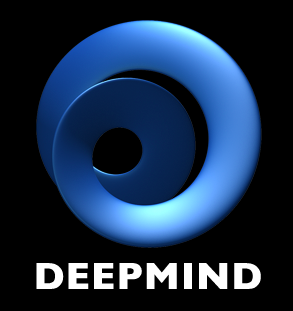Demis Hassabis: DeepMind is the Apollo Programme for artificial intelligence

Artificial intelligence (AI) pioneer Demis Hassabis has revealed his ambitions for DeepMind and explained why the AI startup "joined forces" with Google in 2014.
Speaking at a recent Google ZeitgeistMinds event, Hassabis said that DeepMind had set itself up as the Apollo Programme for AI - referencing NASA's efforts to put a man on the moon - with its primary mission being to "solve intelligence and use it to solve everything else" through general-purpose learning machines.
"The idea behind DeepMind was really to create a kind of Apollo Programme mission for AI," Hassabis said. "Now at DeepMind we have over 100 research scientists - 100 PhDs - top people in their machine learning fields and neuroscience fields working on solving AI."

Earlier this year DeepMind published details of the first ever AI system capable of learning tasks independently. Using a general learning algorithm, Atari computer games were able to be learnt by a machine without having the rules programmed into its software.
Hassabis revealed that the company he founded is now moving forwards in its research to add in capabilities like learning abstract concepts and long-term memory, mimicking the hippocampus found in the human brain.
Current and near-term applications for these capabilities tie in with Google's other ventures and subsidiaries, such as improving recommendation systems for YouTube and predictive healthcare applications.
DeepMind's £300m sale to Google last year was explained by Hassabis by saying that the search giant's mission statement of wanting "to organize the world's information and make it universally accessible and useful", aligned with DeepMind's own mission.
"One other way of describing that mission is to think about empowering people through knowledge," Hassabis said. "Another way to think about this kind of AI, or artificial general intelligence, is that it's a process that automatically converts unstructured information into actionable knowledge.
"By trying to distil intelligence into an algorithmic construct and comparing it to the human mind, that might help us to unlock some of the deepest mysteries of the mind, like consciousness, creativity and even dreams."
© Copyright IBTimes 2024. All rights reserved.























